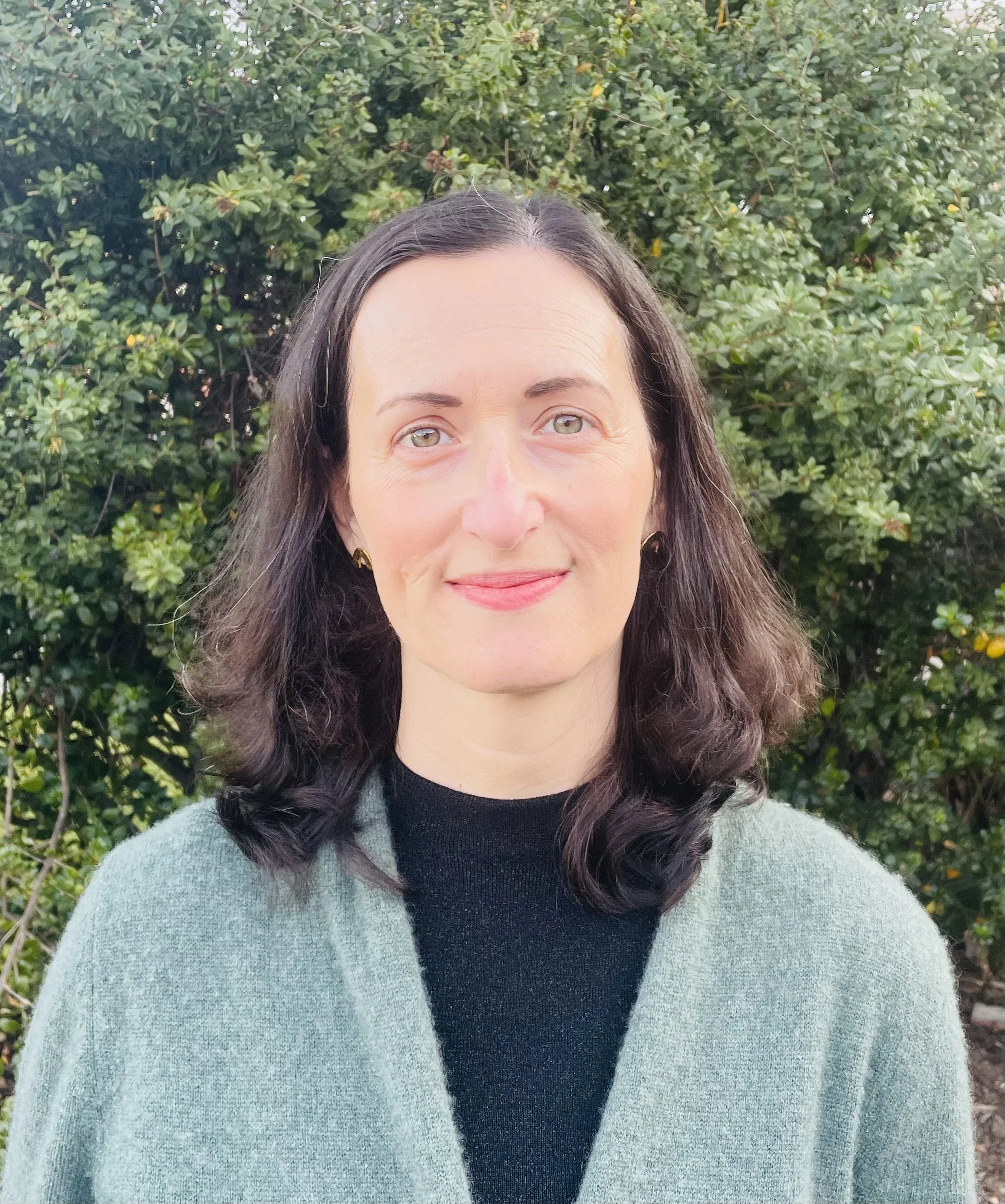858-926-7333
San Diego and Telemedicine throughout CA
OFFICE
9340 Carmel Mountain Rd, Suite E
San Diego, CA 92129
Polina Eidelman, Ph.D.
SHE / HER
CALIFORNIA PSY25550
IOWA 120477
Effective therapy can address our problems while helping us bring more meaning, self-awareness, and joy into our lives. I feel honored to get to do this work with my patients and aim to meet each person with warmth, compassion, and flexibility.
In therapy, we will work together to identify your specific therapy goals, and then implement an individualized treatment plan that integrates evidence-based CBT and related strategies (including interventions from ACT, DBT, and compassion focused treatments). We focus on enhancing your understanding of what happens when you struggle, why you might be struggling, what changes might need to be made so that you can live a more fulfilling life, and which practical tools you can learn to help you reach your therapy goals.
I specialize in:
Helping patients improve their sleep (targeting insomnia as well as related sleep problems)
Supporting parents and caregivers who are coping with the stresses of supporting a child or an adult loved one. I am particularly passionate about helping patients who are raising neurodivergent children or children who are experiencing psychiatric symptoms. It is also very important to me to be able to help caregivers of adults struggling with mental health challenges and neurological disorders, including epilepsy and Parkinson’s Disease.
Helping adults who are interested in learning more effective ways of regulating moods and emotions, including (but not limited to) those diagnosed with depression or bipolar disorder
Working with individuals who struggle to manage worry, rumination, anxiety, and indecisiveness
Helping patients who struggle with self-criticism, guilt, and shame, and who are interested in learning new ways to motivate and support themselves
TRAINING AND QUALIFICATIONS
I was trained as a clinical scientist and received my PhD from the University of California, Berkeley in 2011. I have been a licensed psychologist in California (license PSY25550) since 2013 and have also been licensed in Iowa (license 120477) since 2023.
In addition to working with my patients at the Redwood Center for CBT and Research, I am part of the University of California, San Francisco Sleep Emotion and Affect lab (UCSF SEA lab) where I conduct clinical interviews with study participants.
I have co-authored over 30 peer-reviewed articles and professional chapters, presented my research at national psychology and psychiatry conferences, and served as a peer reviewer for professional journals. I previously served as an assistant clinical professor in the Department of Psychology at the University of California, Berkeley. I am a member of the Association for Behavioral and Cognitive Therapies, the Anxiety and Depression Association of America, the San Diego Psychological Association, and the Northern California CBT Network. I regularly attend workshops and trainings to enhance my knowledge and clinical skills.
TREATMENT OUTCOMES
Data from 87 patients who worked with Dr. Eidelman
Research shows that clinicians who receive regular feedback about how a patient is doing will have better therapy outcomes. The above graph shows treatment outcomes for patients with whom I used the Depression Anxiety and Stress Scale 21 (also called the DASS 21) to track progress. Please note that I only included patients who showed an elevated score at the start of treatment and who completed at least three sessions of therapy.
Depression. The average patient struggling with depression came in with a score of 22 (severe) and ended treatment with a score of 8 (in the normal range). 78.4% of patients experienced what is considered to be a clinically significant change in symptoms.
Anxiety. The average patient struggling with anxiety came in with a score of 17 (severe) and ended with a score of 5 (in the normal range). 79.3% of patients experienced what is considered to be a clinically significant change in symptoms.
Stress. The average patient struggling with irritability/stress came in with a score of 24 (moderate) and ended with a score of 10 (in the normal range). 80.9% of patients experienced what is considered to be a clinically significant change in symptoms.

